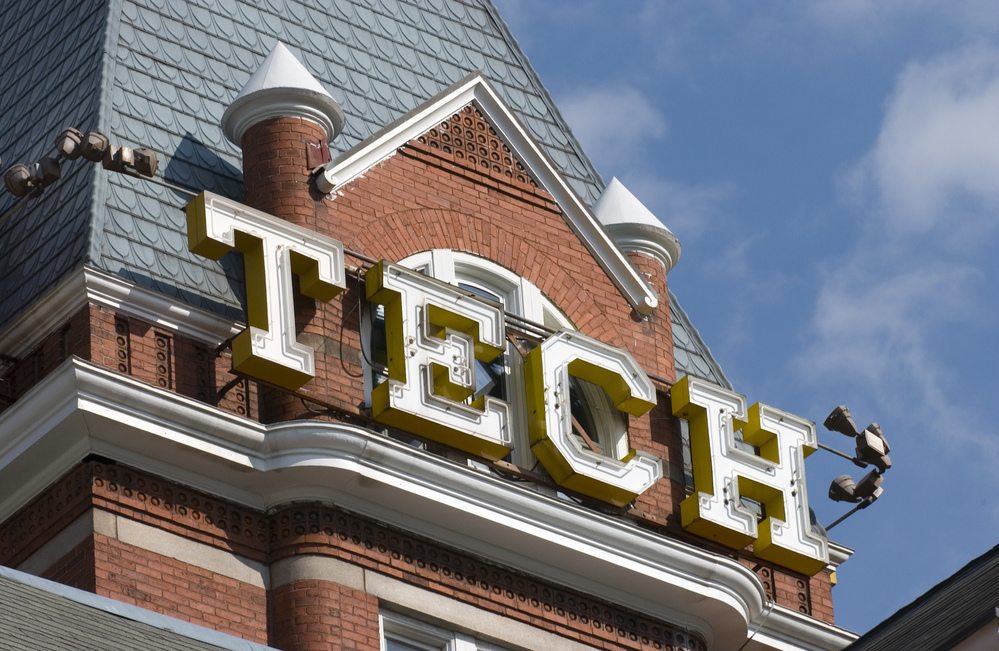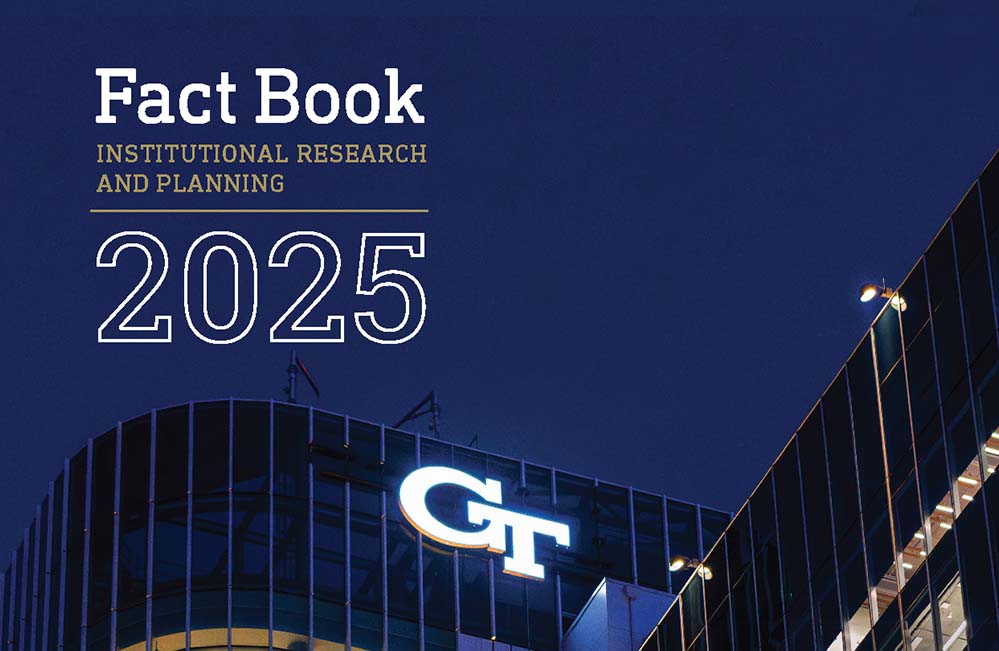(text and background only visible when logged in)

Georgia Tech's 2025 Fact Book Now Available
The Office of Institutional Research & Planning (IRP) is pleased to announce the release of Georgia Tech’s 2025 Fact Book, now available on the IRP website.
IPEDS 2025 Data Feedback Report Released
The 2025 IPEDS Data Feedback Report is now available. Each year, the National Center for Education Statistics (NCES) provides institutions with a comparison report summarizing key metrics such as enrollment, student success, financial data, staffing, and institutional resources relative to peer institutions.
The 2025 report offers updated federal benchmarking information and highlights how Georgia Tech compares within its designated comparison group.
2025–2026 Common Data Set Now Available
The Office of Institutional Research & Planning has released the 2025–2026 Common Data Set (CDS). The CDS provides standardized, comprehensive information on Georgia Tech’s enrollment, admissions, academic offerings, student life, annual expenses, and financial aid. This resource supports transparency and helps external publishers, researchers, and campus partners access accurate and consistent data.
The new edition reflects the latest available information for the 2025–2026 reporting cycle.
IRP at Data Days 2025
IRP partnered with OIT to host the fourth annual Georgia Tech Data Days. Data Days is an annual conference designed to empower attendees with the knowledge and tools available to harness the full potential of data. This year’s conference was held virtually on November 3 and in-person on November 5 in the Bill Moore Student Success Center.
Fall 2025 Quick Facts Infographic Published
IRP is pleased to share the Fall 2025 Quick Facts, a high-level overview of Georgia Tech’s enrollment, student profile, degrees awarded, faculty counts, and other key institutional metrics. Quick Facts provides an at-a-glance reference for commonly requested data and is widely used by leadership, communicators, and campus stakeholders.
This year’s edition features updated fall enrollment, demographic details, and completion data based on official census data.




